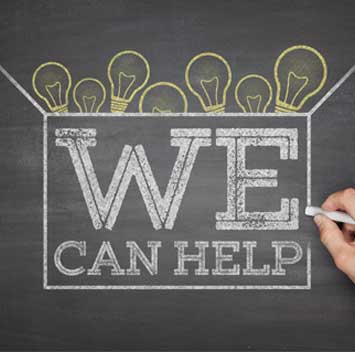Understanding Alzheimer’s Disease
Posted by Collaborative Counseling

June is national Alzheimer’s and brain awareness month. Alzheimer’s has become a focal point in the discussion of memory disorders over the last decade. However, there is still confusion about what exactly Alzheimer’s is and how to cope when a loved one develops the disease.
What is Alzheimer’s?
Alzheimer’s is the most common type of dementia. It causes issues with memory, behavior and thinking. Often times, people associate getting older with being forgetful. They assume things like memory loss are a normal part of aging. However, this is not the case. Alzheimer’s is a progressive disease that affects a person’s ability to function in daily life and worsens over time. According to the Alzheimer’s Association, the disease mainly affects individuals ages 65 and older, it can happen earlier in life. This is called early-onset Alzheimer’s and it affects approximately 200,000 Americans under the age of 65. The most common symptom of the disease is trouble remembering new information.
What’s Next?
Unfortunately, there is currently not a cure for Alzheimer’s. There are, however, some treatments for the symptoms of the disease. It can be difficult to learn that a loved one has been diagnosed with Alzheimer’s and there are many new unknowns when it comes to the future. As a caregiver, friend or family member, it is important to seek out support to cope with this new phase of life. It may be wise to find a support group for others in the same situation or your own individual therapist.
How Can a Therapist Help?
Even though there is no cure for Alzheimer’s disease therapy can help a recently diagnosed individual deal with the emotions surrounding this news. Emotions such as depression, agitation and anxiety, which can be side effects of the disease, can be addressed in therapy. Therapy can also help an individual come to terms with and eventually, accept their diagnosis.
Depression affects up to 40% of Alzheimer’s patients making it an important issue to address with this population. Depression can prevent those with the disease from participating in activities such as physical exercise and mentally engaging activities, which can help to improve their overall condition.
Visit our website to learn more about how our team can help you or a loved one through this time of change at: https://www.collaborativemn.com/meet-our-team
For more information about Alzheimer’s and dementia visit: https://www.alz.org
Read More

 View Our Locations
View Our Locations Request Appointment
Request Appointment







